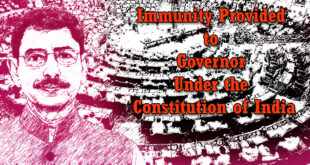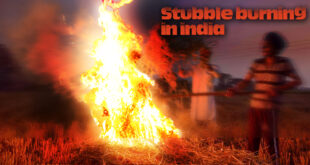Representation is not merely by per capita representation; it involves a greater accommodation of diverse characteristics.
Context
Delimitation is the process of redrawing boundaries of Lok Sabha and State Assembly constituencies based on a recent Census to ensure that each seat has an almost equal number of voters. The last delimitation exercise took place in 1976. While the current boundaries were drawn on the basis of the 2001 Census, the number of Lok Sabha and State Assembly seats remained frozen on the basis of the 1971 Census. In 2002, the Constitution was amended to place a freeze on the exercise until the first Census conducted after the year 2026. Should delimitation be delayed any further?
1976 Amendment on delimitation
The 1976 Amendment a provision in the Constitution of India that froze any delimitation of constituencies for elections to the Lok Sabha and State Legislative Assemblies until after the 2001 Census of India. The amendment was made by the Indian National Congress government headed by Indira Gandhi during the Emergency (25 June 1975 – 21 March 1977).
The amendment was motivated by a number of factors, including:
- The desire to prevent states from manipulating their family planning programs in order to gain more seats in the Lok Sabha.
- The need to ensure that the delimitation process was carried out in a fair and impartial manner.
- The desire to avoid the political instability that had been caused by previous delimitation exercises.
The amendment was controversial, and it was challenged in the Supreme Court of India. However, the Supreme Court upheld the amendment in 1977.
The amendment was finally lifted in 2002, with the passage of the 84th Amendment to the Constitution. The 84th Amendment also set out a new framework for delimitation, which was to be based on the population of the 2001 Census.
The delimitation exercise was carried out in 2008, and it resulted in a significant redrawing of the boundaries of constituencies in India. The exercise was marred by allegations of political interference, but it was ultimately deemed to be fair and impartial.
 Chinmaya IAS Academy – Current Affairs Chinmaya IAS Academy – Current Affairs
Chinmaya IAS Academy – Current Affairs Chinmaya IAS Academy – Current Affairs



